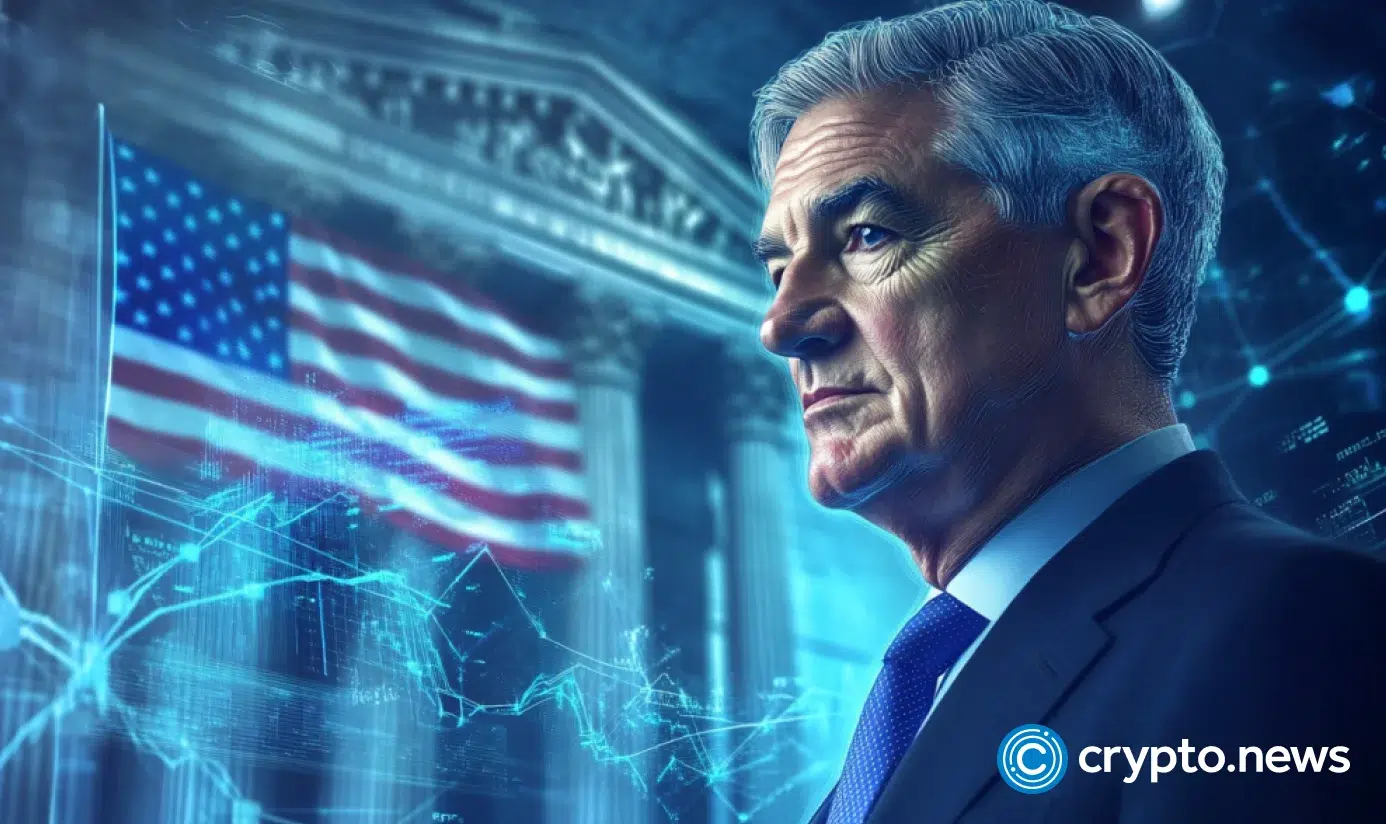Beijing is shelving its antitrust case against Google, as the United States and China ramp up negotiations over TikTok and Nvidia during a tense period in relations.
People briefed on the matter said China’s State Administration for Market Regulation chose to end the competition inquiry into Google, a status in Chinese called “zhongzhi”, the Financial Times reported on Thursday,
The FT added that Google has not yet received formal paperwork confirming the closure of the case.
After talks with Chinese counterparts in Madrid, U.S. Treasury Secretary Scott Bessent said a September 17 deadline that could have disrupted the popular social media app in the United States pushed negotiators toward a possible agreement.
He noted the deadline could be extended by 90 days to finish the terms, without giving specifics.
Bessent said that when commercial details are made public, the arrangement would keep cultural features of TikTok that Chinese negotiators want to protect. “They’re interested in Chinese characteristics of the app, which they think are soft power. We don’t care about Chinese characteristics. We care about national security,” Bessent told reporters at the close of two days of meetings.
Trump hinted at possible Chinese stake in TikTok
Asked whether China might hold a stake, former President Donald Trump said, “We haven’t decided that but it looks to me, and I’m speaking to President Xi on Friday, for confirmation of that.”
A Trump has said the platform aided his re-election last year, and his personal account counts 15 million followers. The White House launched an official TikTok account last month.
Any deal may still need approval from the Republican-led Congress. In 2024, Congress passed a law saying TikTok must be sold because of worries that China could access U.S. user data and use it for spying or influence. The Trump administration has not ordered a shutdown, since that could upset millions of users and disrupt political messaging.
China disappoints U.S. with fresh Nvidia crackdown
Separately as Cryptopolitan reported yesterday, China’s internet watchdog directed major tech companies to stop tests and cancel purchases of Nvidia’s RTX Pro 6000D. The Cyberspace Administration of China issued the instruction this week, targeting a product Nvidia built to comply with U.S. restrictions on advanced AI chips sold into China.
Before that notice, multiple firms had planned to buy tens of thousands of RTX Pro 6000D units. The order follows summer guidance steering companies away from Nvidia’s H20 and arrives as Washington and Beijing hold delicate trade talks.
Also on Monday, China said Nvidia violated the country’s anti-monopoly law. The State Administration for Market Regulation disclosed the step after what it called an initial review of Nvidia’s practices. The announcement came as officials from both countries met in Madrid, where chip policy is expected to be part of the agenda.
Bessent called the move “poor timing,” a remark analysts said could give Beijing added leverage during the discussions.
Nvidia’s Jensen Huang adopted a conciliatory tone Wednesday, telling reporters there are “a lot of places we can’t go to,” and saying he will stay “patient” as governments on both sides manage geopolitical tensions.
His comments came as Republican House Speaker Mike Johnson labeled China an “adversary” of the United States after a report that Beijing told tech companies to stop buying Nvidia’s artificial-intelligence chips.
“They steal our intellectual property,” Johnson said on CNBC’s “Squawk Box,” adding China shows “no regard whatsoever for U.S. trademark law or any of the other provisions that make for fair trade agreements.”
Don’t just read crypto news. Understand it. Subscribe to our newsletter. It’s free.
Source: https://www.cryptopolitan.com/china-drops-google-antitrust-case-as-u-s-china-talks-focus-on-tiktok-and-nvidia/

